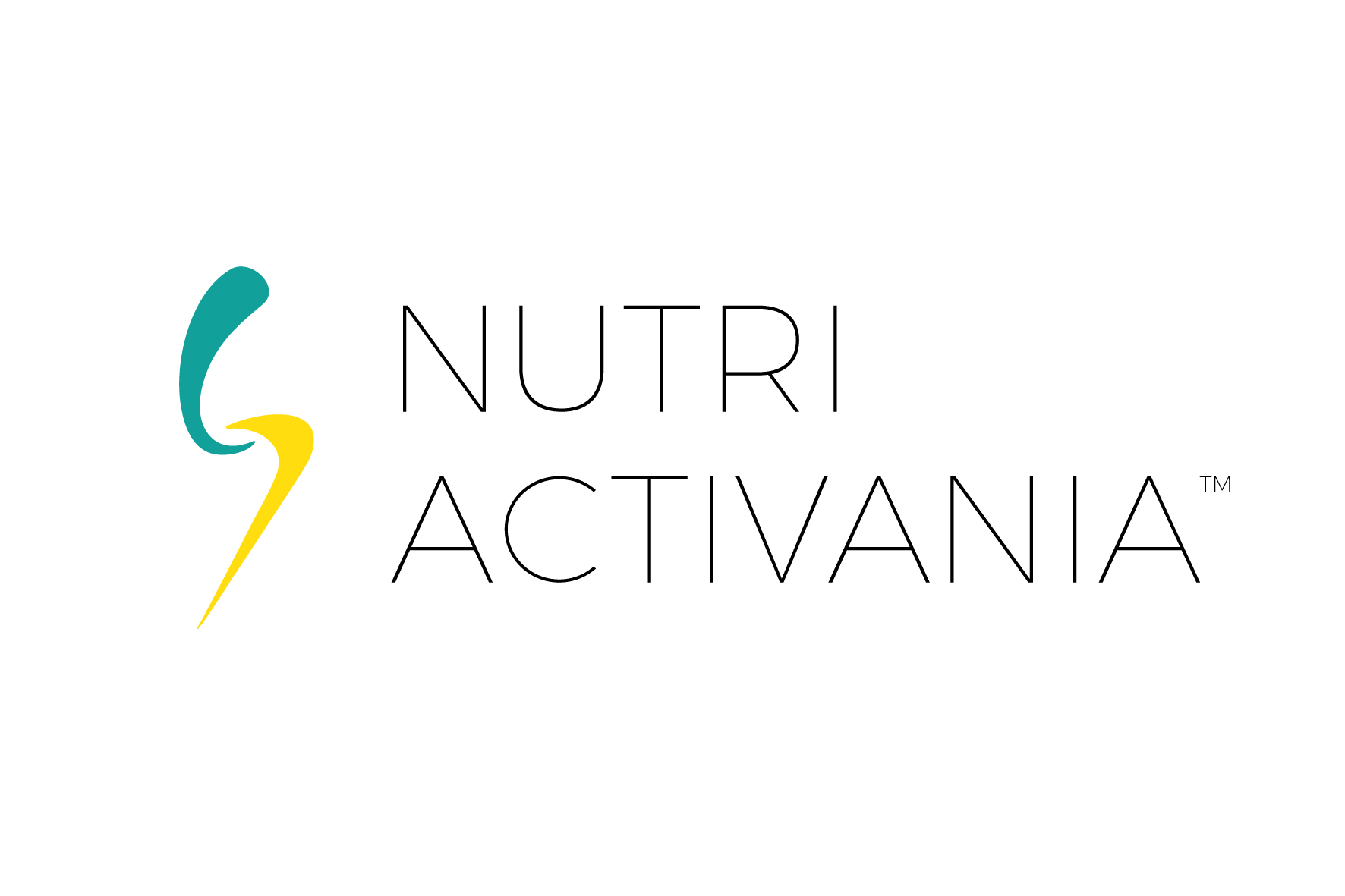Endurance athletes train and compete in all weather conditions and in plains, mountains, deserts etc. as they have to eat, drink and adapt in whatever conditions they are in, sometimes on short notice.
The toughest weather an endurance athlete can face is the hot weather where he needs to not only acclimatize himself to the weather but only increase his fluid and salt intake to balance his hydration and sodium. Increase in sweating due to the heat and humidity drains out the energy and may lead to hyponatremia and muscle cramps if the athlete exercises for more than four hours without adequate nourishment.
Endurance athletes face dehydration while exercising in cold weather also. Athletes sometimes reduce their fluid intake during cold weather because of the feeling of not needing it often enough, fluids being frozen because of the weather condition and the discomfort of finding a bathroom. Sweating because of long periods of exercise or because of being over-dressed, respiratory water loss and cold-induced diuresis- all contribute to dehydration and loss of energy.
Endurance athletes need a higher fat diet to improve their tolerance to cold weather. Sufficient carbohydrates are important too to replenish the muscle glycogen and prevent exhaustion. Calorie intake should be enough too because of energy requirement increase during the cold weather. Insulated, hydration bladders need to be carried regularly so that the fluid needs of the athletes are met. Warm clothing and gear are important for good physical conditioning of the athletes.
Athletes training and exercising at high altitudes need to be aware that due to increased calorie need and limited access to foods and fluids, some of them may feel dehydrated and their glycogen level may get depleted. Some of the athletes suffer from mountain sickness too but the absorption of macronutrients does not get affected till 18,000 feet.
Athletes training at a high altitude for a longer period need to hydrate and refuel their bodies more regularly because metabolism increases there leading to weight loss, most of which may be muscle mass. Therefore, carbohydrate-rich foods are recommended more than protein and high-fat foods.
Endurance athletes, especially the women athletes, need to increase their intake of iron-rich foods if they are training at high altitudes. Extra red blood cells, of which haemoglobin is the most important component, are needed to help the body get acclimatized to the cold weather. Supplements should be taken too along with regular nutritious food under the advice of a health professional.
About the author: Avni Kaul is India’s most trusted nutritionist and wellness coach. She is a certified nutritionist as  well as Diabetes Educator and specializes in weight management, child nutrition, skin and beauty health, thyroid disorder, cardiovascular health, diabetic management, wedding nutrition, sports nutrition, and corporate wellness.
well as Diabetes Educator and specializes in weight management, child nutrition, skin and beauty health, thyroid disorder, cardiovascular health, diabetic management, wedding nutrition, sports nutrition, and corporate wellness.
- WORLD BLOOD DONOR DAY - June 14, 2019
- How To Cope with Organizational / Professional Stress with Simple and Easy Diet change? - March 15, 2019
- 5 Essential Nutrients you must have Every Day for Beautiful & Healthy Skin - February 23, 2019
